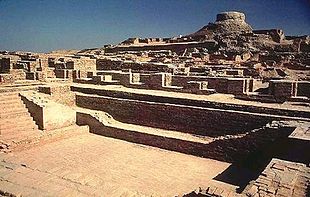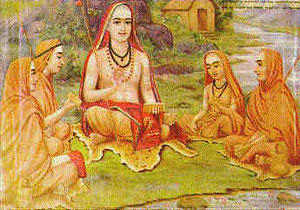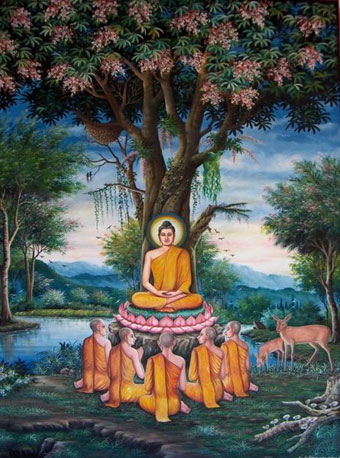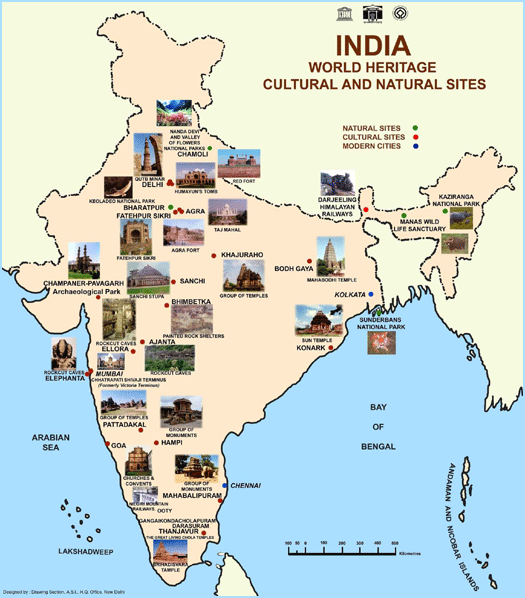Explore, Experience, Enjoy
Welcome to TRI Tours Private Limited
At TRI Tours Private Limited, we are dedicated to delivering exceptional travel experiences. With a blend of passion and expertise, we ensure the highest quality service, bringing joy and inspiration to countless satisfied travelers.
About Tritoursindia
At TRI TOURS PRIVATE LIMITED we strive to provide our customers with the very best service in the Travel Industry.We are committed to offering travel services of the highest quality, combining our energy and enthusiasm, with our years of experience. Our greatest satisfaction comes in serving large numbers of satisfied clients who have experienced the joys and inspiration of travel. Ever since the company was established in 1999, TRI Travel Agency has concentrated its efforts in producing quality travel, responding to the needs of the times while anticipating the demands of the future.
Exclusive Trip
There are many variations of passages of available but the majority.
Exclusive Trip
There are many variations of passages of available but the majority.
History of India
India is one of the oldest civilizations in the world with a kaleidoscopic variety and rich cultural heritage. It has achieved all-round socio-economic progress during the last 65 years of its Independence. India has become self-sufficient in agricultural production and is now one of the top industrialised countries in the world and one of the few nations to have gone into outer space to conquer nature for the benefit of the people. It covers an area of 3,287,590 sq. km (1,269,346 sq mi), extending from the snow-covered Himalayan heights to the tropical rain forests of the south. As the 7th largest country in the world, India stands apart from the rest of Asia, marked off as it is by mountains and the sea, which give the country a distinct geographical entity. Bounded by the Great Himalayas in the north, it stretches southwards and at the Tropic of Cancer, tapers off into the Indian Ocean between the Bay of Bengal on the east and the Arabian Sea on the west.

The Indus Valley Civilization
The History of India begins with the birth of the Indus Valley Civilization, more precisely known as Harappan Civilization. It flourished around 2,500 BC, in the western part of South Asia, what today is Pakistan and Western India. The Indus Valley was home to the largest of the four ancient urban civilizations of Egypt, Mesopotamia, India and China. Nothing was known about this civilization till 1920s when the Archaeological Department of India carried out excavations in the Indus valley wherein the ruins of the two old cities, viz. Mohenjodaro and Harappa were unearthed.

Vedic Civilization
The Vedic civilization is the earliest civilization in the history of ancient India associated with the coming of Aryans. It is named after the Vedas, the early literature of the Hindu people. The Vedic Civilization flourished along the river Saraswati, in a region that now consists of the modern Indian states of Haryana and Punjab. Vedic is synonymous with Aryans and Hinduism, which is another name for religious and spiritual thought that has evolved from the Vedas. The largely accepted view is that a section of Aryans reached the frontiers of the Indian subcontinent around 2000 BC and first settled in Punjab and it is here, in this land, where the hymns of Rigveda were composed.

Buddhist Era
During the life time of Lord Gautam Buddha, sixteen great powers (Mahajanpadas) existed in the 7th and early 6th centuries BC. Among the more important republics were the Sakyas of Kapilavastu and the Licchavis of Vaishali. Besides the republics, there were monarchical states, among which the important ones were Kaushambi (Vatsa), Magadha, Kosala and Avanti. These states were ruled by vigorous personalities who had embarked upon the policies of aggrandisement and absorption of neighbouring states. However, there were distinct signs of the republican states while those under the monarchs were expanding.
Buddha was born in BC 560 and died at the age of eighty in BC 480. The place of his birth was a grove known as Lumbini, near the city of Kapilavastu, at the foot of Mount Palpa in the Himalayan ranges within Nepal. Buddha, whose original name was Siddhartha Gautama, was the founder of Buddhism, the religion and the philosophical system that evolved into a great culture throughout much of southern and eastern Asia.
Lifestyle, Values & Beliefs
India is a diverse country, a fact that is visibly prominent in its people, culture and climate. From the eternal snows of the Himalayas to the cultivated peninsula of far South, from the deserts of the West to the humid deltas of the East, from the dry heat and cold of the Central Plateau to the cool forest foothills, Indian lifestyles clearly glorify the geography. The food, clothing and habits of an Indian differ in accordance to the place of origin.
Culture
The Indian culture varies like its vast geography. People speak in different languages, dress differently, follow different religions, eat different food but are of the same temperament. So whether it is a joyous occasion or a moment of grief, people participate whole-heartedly, feeling the happiness or pain. A festival or a celebration is never constrained to a family or a home. The whole community or neighbourhood is involved in bringing liveliness to an occasion. Likewise, an Indian wedding is a celebration of union, not only of the bride and groom, but also of two families, maybe cultures or religion too! Similarly, in times of sorrow, neighbours and friends play an important part in easing out the grief.
Science
The global image of India is that of an upcoming and progressive nation. True, India has leaped many boundaries in all sectors- commerce, technology and development etc in the recent past, yet she has not neglected her other creative genius. Wondering what it is? Well, it the alternative science that has been continuously practiced in India since times immemorial. Ayurveda, is a distinct form of medicine made purely of herbs and natural weeds, that can cure any ailment of the world. Ayurveda has also been mentioned in the Ancient Indian epics like Ramayana. Even today, when the western concept of medicine has reached its zenith, there are people looking for alternative methods of treatment for its multifarious qualities.
Another widely followed phenomena in India is the Doctrine of Karma that preaches that every person should behave justly as every act or deed comes back in full circle in one of the births of an individual. The beauty of the Indian people lies in their spirit of tolerance, give-and-take and a composition of cultures that can be compared to a garden of flowers of various colours and shades of which, while maintaining their own entity, lend harmony and beauty to the garden – India!

India's Contribution to World Heritage Protection
India, a member of the UNESCO World Heritage since 1977, actively collaborates with international organizations like ICOMOS, IUCN, and ICCROM to preserve its 27 World Heritage Properties. These include 22 cultural and 5 natural sites, recognized for their exceptional interest and universal value. Through this cooperation, India ensures the protection and preservation of these treasures for future generations.
Cultural and Natural Heritage
India boasts 27 World Heritage Properties, with 22 cultural and 5 natural sites.
Global Cooperation
Works closely with ICOMOS, IUCN, and ICCROM to protect and preserve these sites.
Universal Value
The heritage sites in India are recognized for their exceptional interest and universal value, contributing to the shared heritage of mankind.
